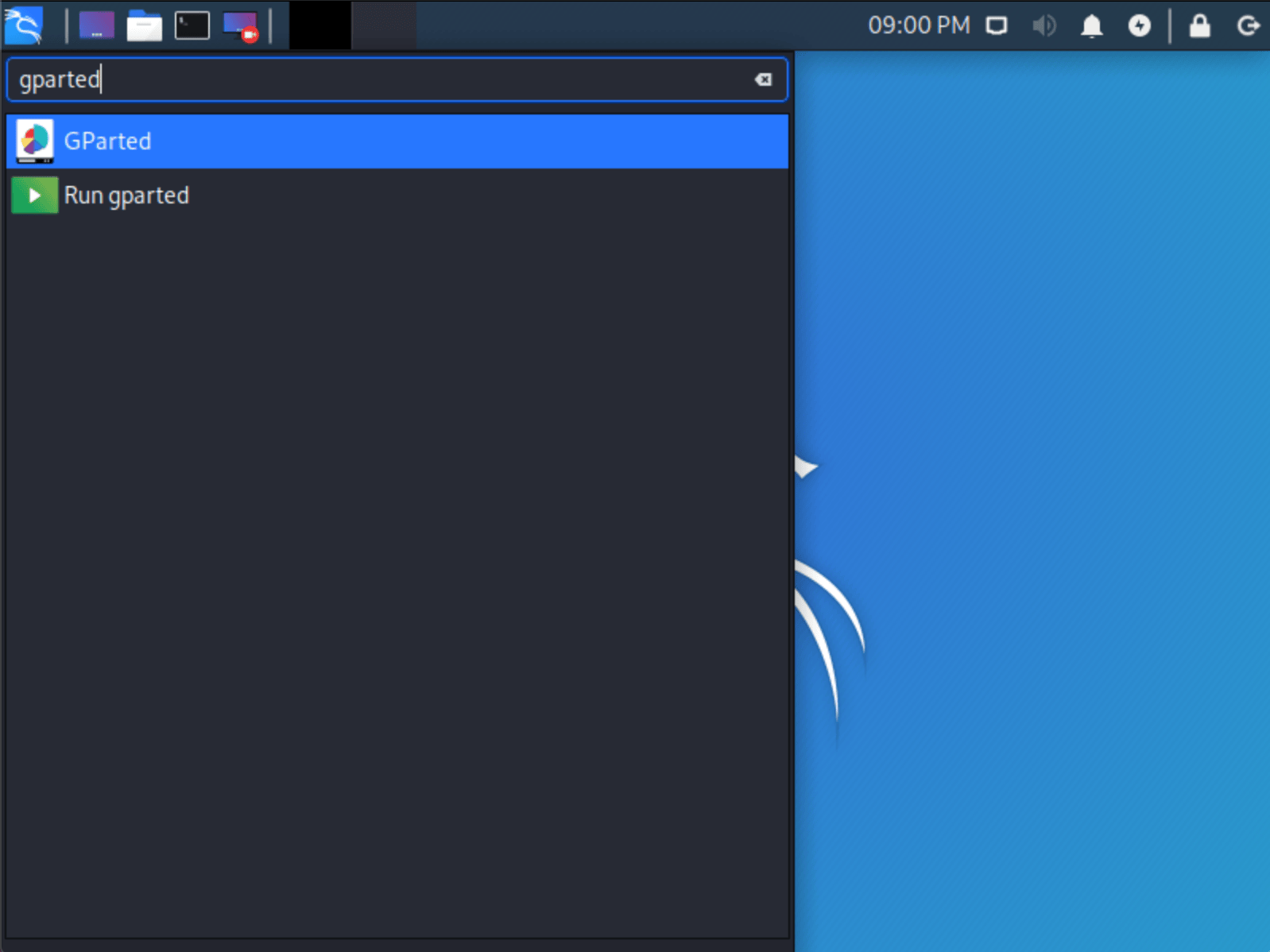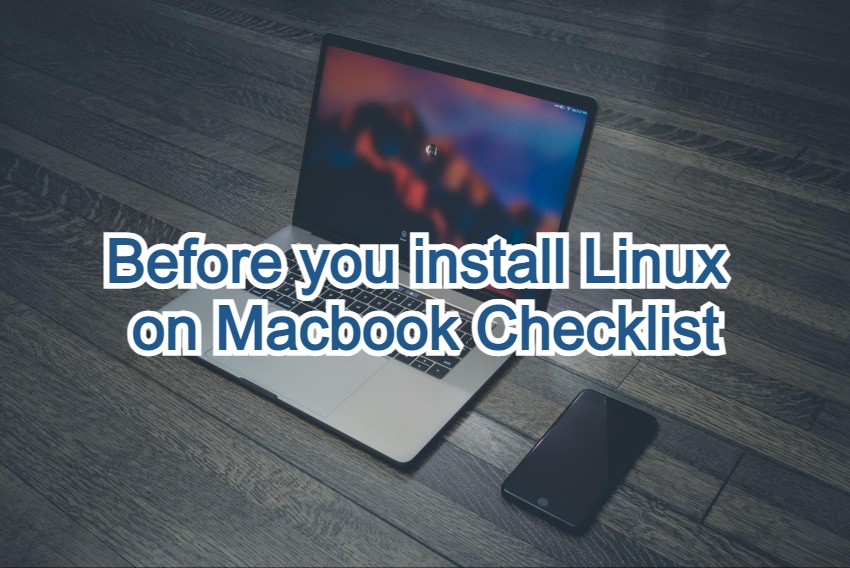

- #Putting linux on a mac install#
- #Putting linux on a mac password#
- #Putting linux on a mac download#

#Putting linux on a mac install#
When Terminal says that it's done, the volume will have the same name as the installer you downloaded, such as Install macOS Monterey.After the volume is erased, you may see an alert that Terminal would like to access files on a removable volume.Terminal shows the progress as the volume is erased. When prompted, type Y to confirm that you want to erase the volume, then press Return.Terminal doesn't show any characters as you type your password.
#Putting linux on a mac password#
When prompted, type your administrator password and press Return again.* If your Mac is using macOS Sierra or earlier, include the -applicationpath argument and installer path, similar to the way this is done in the command for El Capitan. Sudo /Applications/Install\ OS\ X\ El\ Capitan.app/Contents/Resources/createinstallmedia -volume /Volumes/ MyVolume -applicationpath /Applications/Install\ OS\ X\ El\ Capitan.app Sudo /Applications/Install\ macOS\ High\ Sierra.app/Contents/Resources/createinstallmedia -volume /Volumes/ MyVolume Sudo /Applications/Install\ macOS\ Mojave.app/Contents/Resources/createinstallmedia -volume /Volumes/ MyVolume Sudo /Applications/Install\ macOS\ Catalina.app/Contents/Resources/createinstallmedia -volume /Volumes/ MyVolume Sudo /Applications/Install\ macOS\ Big\ Sur.app/Contents/Resources/createinstallmedia -volume /Volumes/ MyVolume Sudo /Applications/Install\ macOS\ Monterey.app/Contents/Resources/createinstallmedia -volume /Volumes/ MyVolume If it has a different name, replace MyVolume in these commands with the name of your volume. These assume that the installer is in your Applications folder, and MyVolume is the name of the USB flash drive or other volume you're using. Type or paste one of the following commands in Terminal.Open Terminal, which is in the Utilities folder of your Applications folder.

Connect the USB flash drive or other volume that you're using for the bootable installer.You will create the bootable installer from this app, not from the disk image or. It installs an app named Install OS X El Capitan into your Applications folder. Inside the disk image is an installer named InstallMacOSX.pkg.
#Putting linux on a mac download#


 0 kommentar(er)
0 kommentar(er)
